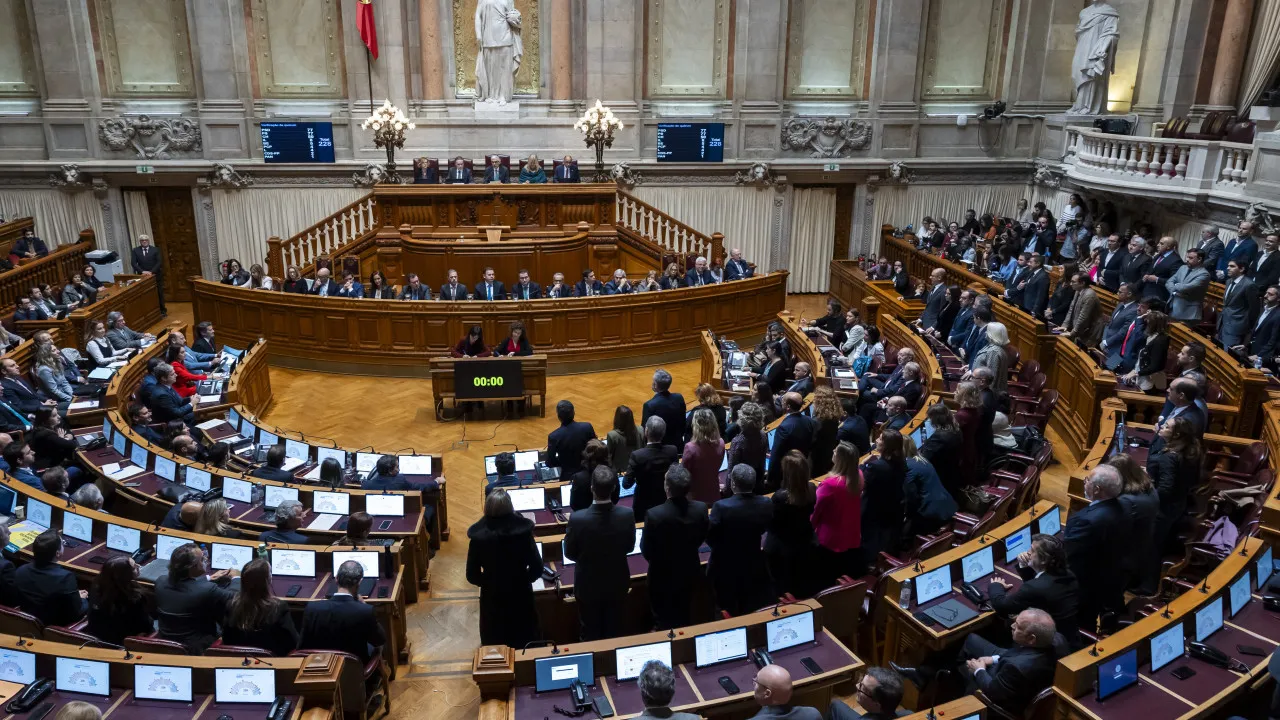
The National Monitoring Committee of the Recovery and Resilience Plan (PRR) clarified today that it is not within their competence to analyze beneficiary contracts, following reports of suspected fraud involving funds, and called for “sanctions to be applied.”
“Since 2021, the National Monitoring Committee has been tasked with overseeing the physical execution of projects. Analyzing the contracts is not within the committee’s remit,” stated the committee’s president, Pedro Dominguinhos, in response to members of the parliamentary Committee on Economy and Territorial Cohesion.
He noted that this responsibility falls to bodies such as the General Inspectorate of Finance, the Audit and Control Committee, or the Court of Auditors.
Pedro Dominguinhos also highlighted that the PRR’s National Monitoring Committee consists of a permanent team of only three people: himself, a chief of staff, and a senior technician.
The team previously included two additional members who left due to mobility reasons and have yet to be replaced.
Nevertheless, the president of the committee mentioned that when irregular situations are identified, either through reports or field visits, they are reported to the appropriate authorities.
“We must be extremely rigorous and demanding in the application of European and national funds […]. Sanctions must be applied, and no deviation should occur,” he emphasized.
On Tuesday, six individuals were arrested by the Judicial Police (PJ) on suspicion of corruption and fraud in the acquisition of information systems by universities and public schools funded by the PRR, authorities announced.
This operation marked the first led in Portugal by the European Prosecutor’s Office, in coordination with the Regional Department of Investigation and Penal Action of Porto.
According to the PJ, the detainees include an administrator and three employees of a technology company, an employee of a concessionaire company, and a public official.
The suspects are believed to have been involved in a “criminal scheme, organized and systemic, to obtain illegal privileged information in public and private contracting procedures by providing benefits to employees of contracting entities,” undermining market rules and the proper administration of funds.
“The scheme also involved producers/importers of IT products and solutions, significant market players, enhancing profit margins throughout the entire supply chain,” added the police force.
The case involves contracts of at least 20 million euros, with 4.6 million seized by the Northern Assets Recovery Office of the PJ to cover estimated damages.
The PRR, which is to be implemented by 2026, aims to carry out a series of reforms and investments to foster economic recovery.
In addition to addressing the damages caused by COVID-19, the plan seeks to support investments and generate employment.




